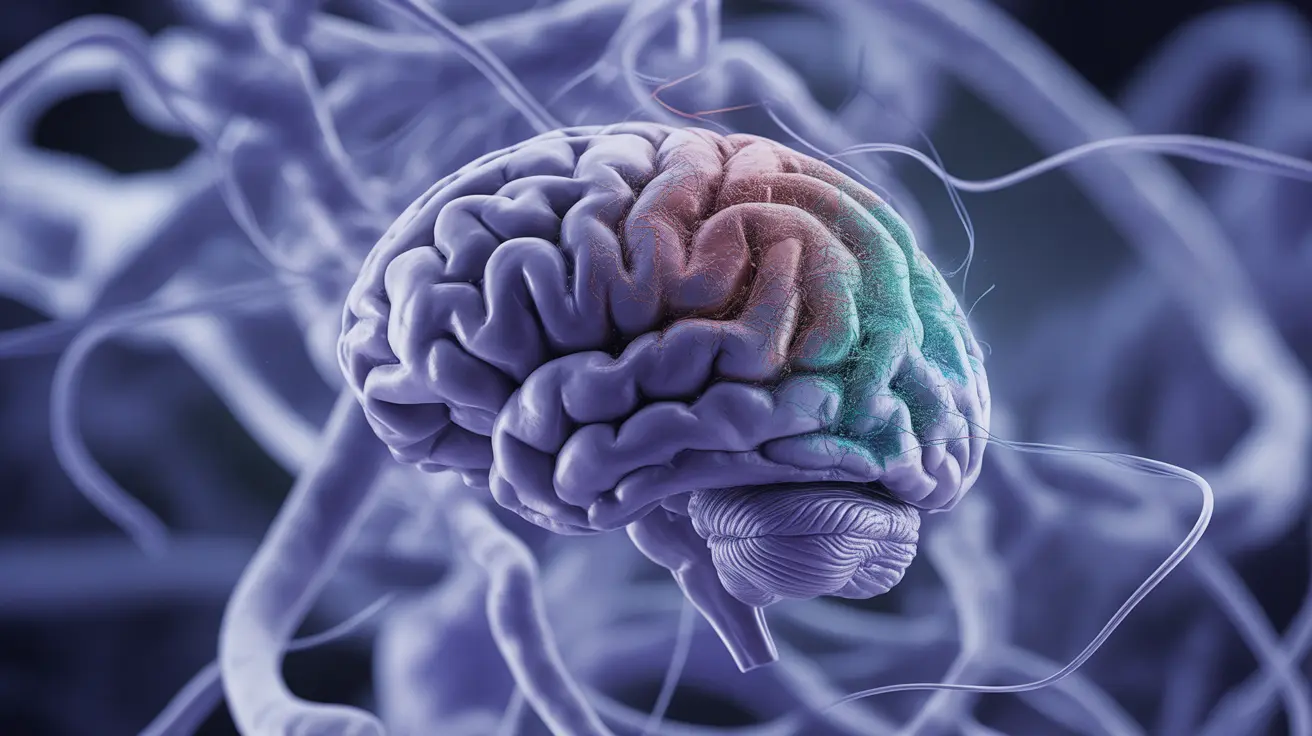As marijuana legalization spreads and cannabis use becomes more prevalent, understanding its potential long-term effects on brain health has become increasingly important. One pressing concern many people have is whether marijuana use could increase the risk of developing dementia later in life. This article explores the current scientific understanding of the relationship between cannabis use and cognitive decline.
The Science Behind Marijuana and Brain Function
Marijuana contains compounds called cannabinoids that interact with the brain's endocannabinoid system, which plays crucial roles in memory formation, learning, and cognitive processing. THC, the main psychoactive component in cannabis, can temporarily affect these functions during acute use, but the long-term implications require closer examination.
Impact of Regular Cannabis Use on Brain Health
Short-Term Effects
Regular marijuana use can impact several cognitive functions in the short term, including:
- Memory formation and recall
- Attention and concentration
- Decision-making abilities
- Processing speed
- Motor coordination
Long-Term Considerations
Research into the long-term effects of cannabis use on cognitive function and dementia risk is still evolving. While some studies suggest potential concerns, particularly with heavy use beginning in adolescence, the direct causal relationship between marijuana use and dementia remains unclear.
Age-Related Factors and Cannabis Use
Adolescent Brain Development
The teenage brain is particularly vulnerable to the effects of cannabis use. Regular marijuana use during adolescence may affect brain development and potentially increase the risk of cognitive problems later in life. This is because the brain continues developing until approximately age 25.
Adult Cannabis Use
For adults who begin using cannabis later in life, the relationship between marijuana use and cognitive decline may be different. Factors such as frequency of use, potency of the cannabis, and individual health characteristics all play important roles in determining potential risks.
Cannabis and Dementia Treatment
While concerns exist about marijuana's potential role in causing cognitive decline, some research suggests that certain cannabis compounds might actually help manage dementia symptoms. CBD, in particular, has shown promise in reducing agitation and anxiety in some dementia patients, though more research is needed.
Risk Factors and Prevention
Several factors may influence the relationship between cannabis use and cognitive health:
- Age of first use
- Frequency and duration of use
- Genetic predisposition to cognitive decline
- Overall health and lifestyle factors
- Concurrent use of other substances
Frequently Asked Questions
Does smoking marijuana or heavy cannabis use increase your risk of getting dementia as you get older?
Current research shows mixed results regarding marijuana use and dementia risk. While heavy, long-term use may potentially impact cognitive function, direct causation hasn't been definitively established. More longitudinal studies are needed to fully understand this relationship.
What mental skills or brain functions can be affected by long-term marijuana use, and do these changes go away if you stop using cannabis?
Long-term marijuana use can affect memory, attention, learning ability, and processing speed. Many of these effects may improve after stopping cannabis use, though the timeline for recovery can vary based on individual factors and usage history.
Can marijuana or CBD products be used to help with symptoms of dementia, like agitation or memory problems?
Some studies suggest CBD may help manage certain dementia symptoms, particularly agitation and anxiety. However, THC-containing marijuana products haven't shown clear benefits and might potentially worsen confusion in dementia patients.
If I started using cannabis as a teenager and continue into adulthood, does that make me more likely to have problems with memory or thinking later in life?
Early-onset cannabis use, particularly during adolescence, may increase the risk of cognitive issues later in life due to its potential impact on brain development. The risk appears higher with frequent use and higher-potency products.
What are the main factors that make someone at higher risk for dementia if they use marijuana, and how does it compare to other substances like alcohol?
Key risk factors include early age of onset, frequency of use, and genetic predisposition to cognitive decline. While alcohol abuse has a well-documented link to dementia, the relationship between marijuana and dementia risk is less clear and continues to be studied.




